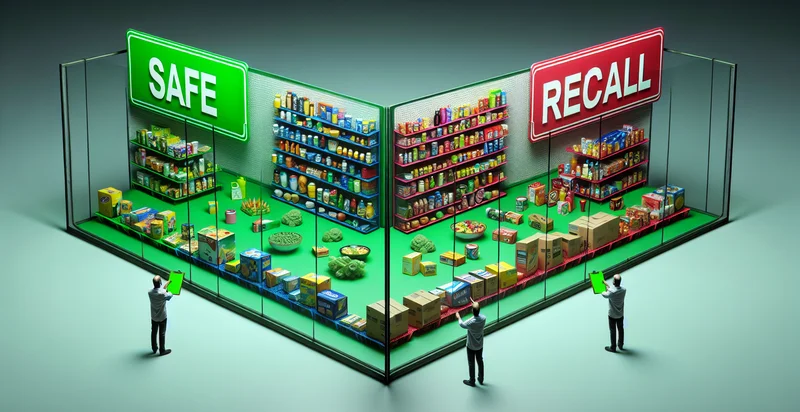Identify recall status
using AI
Below is a free classifier to identify recall status. Just input your text, and our AI will predict if the status is positive - in just seconds.

Contact us for API access
Or, use Nyckel to build highly-accurate custom classifiers in just minutes. No PhD required.
Get started
import nyckel
credentials = nyckel.Credentials("YOUR_CLIENT_ID", "YOUR_CLIENT_SECRET")
nyckel.invoke("recall-status", "your_text_here", credentials)
fetch('https://www.nyckel.com/v1/functions/recall-status/invoke', {
method: 'POST',
headers: {
'Authorization': 'Bearer ' + 'YOUR_BEARER_TOKEN',
'Content-Type': 'application/json',
},
body: JSON.stringify(
{"data": "your_text_here"}
)
})
.then(response => response.json())
.then(data => console.log(data));
curl -X POST \
-H "Content-Type: application/json" \
-H "Authorization: Bearer YOUR_BEARER_TOKEN" \
-d '{"data": "your_text_here"}' \
https://www.nyckel.com/v1/functions/recall-status/invoke
How this classifier works
To start, input the text that you'd like analyzed. Our AI tool will then predict if the status is positive.
This pretrained text model uses a Nyckel-created dataset and has 2 labels, including Clear and Recalled.
We'll also show a confidence score (the higher the number, the more confident the AI model is around if the status is positive).
Whether you're just curious or building recall status detection into your application, we hope our classifier proves helpful.
Related Classifiers
Need to identify recall status at scale?
Get API or Zapier access to this classifier for free. It's perfect for:
- Customer Support Ticket Analysis: This use case involves using the recall status identifier to categorize customer support tickets based on their urgency and status. By classifying tickets into different recall statuses, support teams can prioritize responses and ensure that urgent issues are addressed promptly.
- Quality Control in Manufacturing: In a manufacturing environment, the recall status identifier can be utilized to classify products based on their recall status. This allows quality control teams to quickly identify and segregate products that may be defective or hazardous, enhancing safety and compliance.
- Automotive Safety Monitoring: Automotive companies can implement this classification function to track vehicle recalls. By identifying recall status in their databases, these companies can proactively reach out to customers, ensuring that affected vehicles are serviced quickly and customer safety is prioritized.
- Pharmaceutical Product Management: Pharmaceutical companies can use the recall status identifier to monitor the recall status of drugs and medical devices. This enables them to quickly inform healthcare providers and patients about safety issues, improving transparency and patient safety.
- Supply Chain Risk Management: In supply chain operations, this function can classify materials and products based on their recall status. This helps businesses identify potential risks in their supply chain and take preemptive actions to mitigate any negative impacts on operations and customer satisfaction.
- Retail Inventory Management: Retailers can use the recall status identifier to manage inventory more effectively, ensuring that recalled items are removed from shelves promptly. This practice helps protect consumers, maintains the retailer's reputation, and ensures compliance with safety regulations.
- Insurance Claim Processing: Insurance companies can apply the recall status identifier to assess claims related to recalled products. By categorizing claims based on their recall status, insurers can expedite the settlement process for affected customers while also gathering data to better inform future risk assessments.


